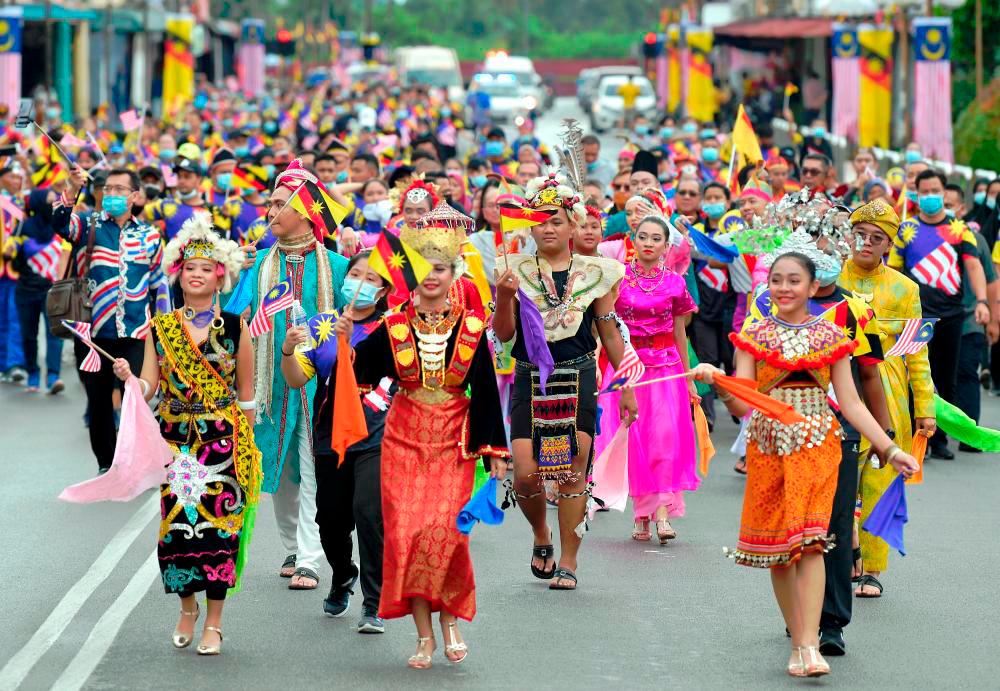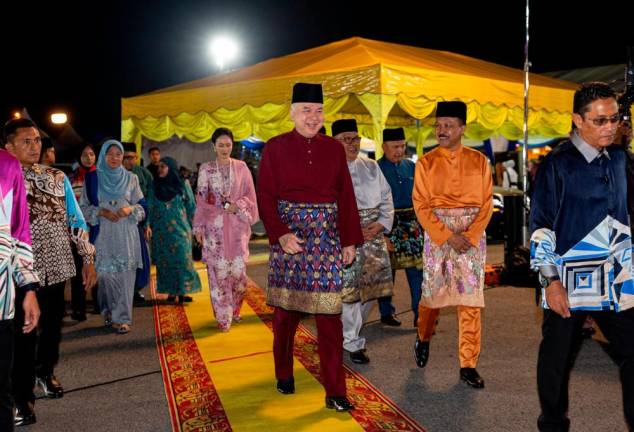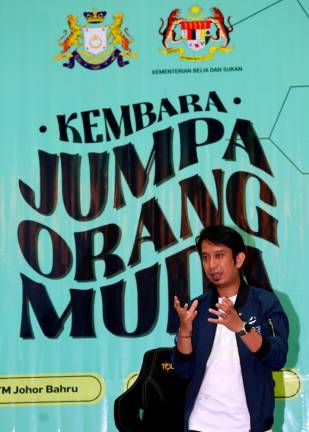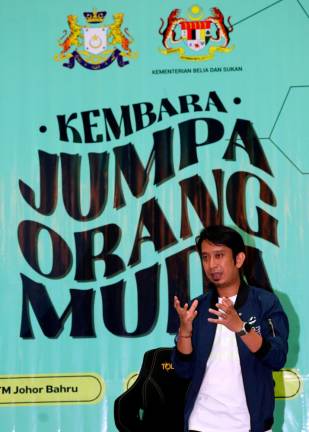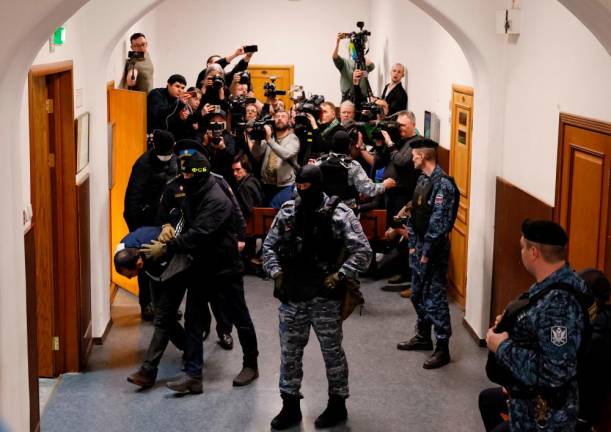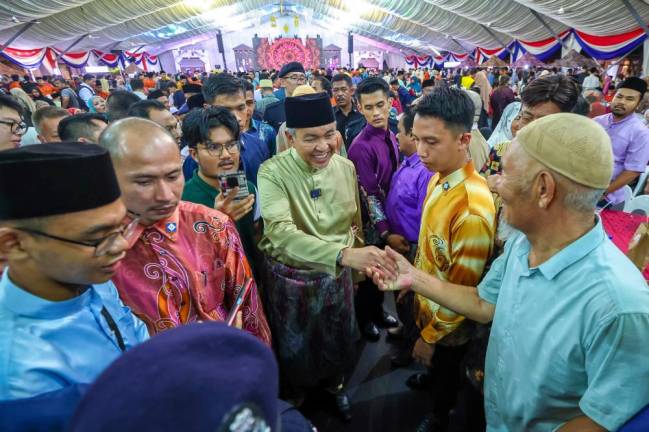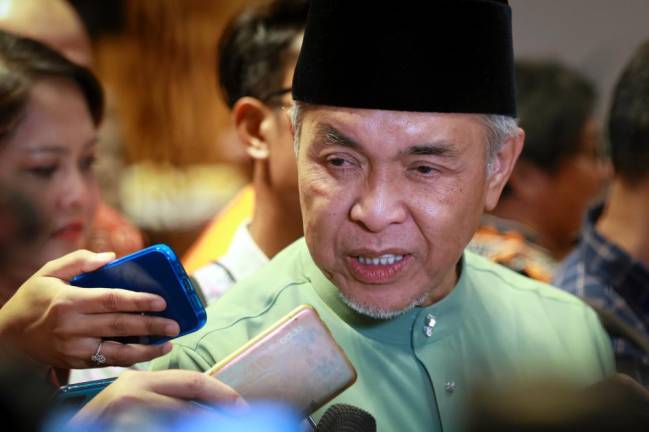PETALING JAYA: There is much that Peninsular Malaysian politicians can learn from Sabah and Sarawak in terms of forging a united front against the exploitation of race, religion and royalty (3R) issues for selfish purposes.
Universiti Teknologi Mara School of Media and Information Warfare Studies’ Security and Political analyst Dr Noor Nirwandy Mat Noordin said Sabah and Sarawak are governed such that cultures, ethnic values, beliefs and ideas are used to unite rather than separate the people.
He was commenting on a recent call by the Yang di-Pertuan Agong Al-Sultan Abdullah Ri’ayatuddin Al-Mustafa Billah Shah, who urged all Malaysians to work together and set aside disagreements.
His Majesty also said Malaysia’s independence and formation history should be recognised “for the sake of a magnificent future where all the people are united as one”.
During the Malaysia Day celebrations, His Majesty also urged Malaysians to embrace the Rukun Negara as it provides a formula for people of all races, religions, cultures and languages to live in peace and harmony.
Noor Nirwandy said: “Politicians must not cross the line. They must be able to develop a common understanding within the context of the Federal Constitution and Rukun Negara, so the people will feel safer and have trust in the capabilities of their MPs and state assemblymen.”
He also said Sabah and Sarawak must be politically stable and maintain their racial, religious and cultural unity, or else the toxic politics of race-baiting that is common in Peninsular Malaysia could destroy the fabric of unity in the two states as political parties from the Peninsular expand there.
In his Sept 16 speech at the Malaysia Day celebrations in Kuching, Gabungan Parti Sarawak chairman and Sarawak Premier Tan Sri Abang Johari Abang Openg assured the federal unity government led by Prime Minister Datuk Seri Anwar Ibrahim that it has Sarawak’s backing until the 16th general election.
A similar assurance was also given last month by Gabungan Rakyat Sabah chairman and Sabah Chief Minister Datuk Seri Hajiji Noor, who said the state will ensure the country moves forward progressively.
Noor Nirwandy said with such assurances, the unity government can forge ahead to foster strong ties among the various races and encourage mutual understanding and harmony.
“Respecting all ethnicities, cultures and values of the people of different races and religions will promote understanding and respect. This, in turn, will translate into stable politics instead of race-baiting.”
He said greater autonomy for Sarawak and Sabah is starting to be discussed to decentralise federal governance, and this will further strengthen national unity.
“The effort by the federal government, particularly its understanding of the need to respect the Malaysia Agreement 1963 (MA63) is highly regarded as one of the promising efforts that is moving very positively,” said Noor Nirwandy.
Political analyst and Universiti Malaysia Sabah associate professor of communication Lee Kuok Tiung said the political dynamics in Peninsular Malaysia are different compared with Sabah and Sarawak.
“Each partner in MA63 has a different political model. Sarawak’s government consists of its local parties representing various races and religions, urban and rural communities.
“The politics in Peninsular Malaysia that seem to lean along racial and religious lines do not fit the way of life and thinking in Sarawak and Sabah. Hence, there is much politicians in the Peninsular can learn.
“So, it is no surprise that the prime minister openly said he asked Abang Johari to give his views in the Cabinet meeting held on Saturday evening at Wisma Bapa Malaysia.”
Lee stressed that the integration between Peninsular Malaysia and Sabah and Sarawak is good, especially in the context of globalisation and the new media age.



